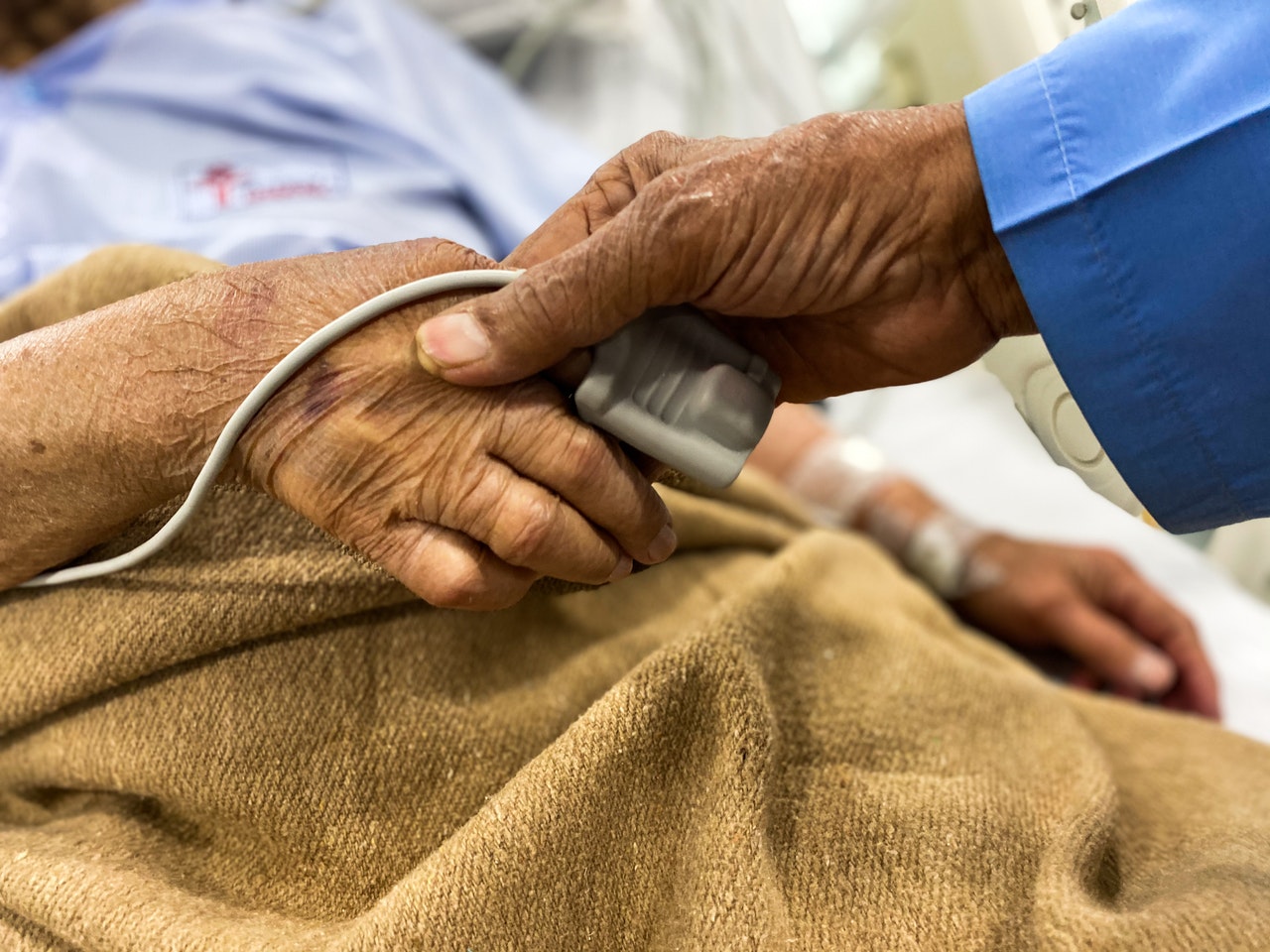Advanced Technology In Medical Devices Has Improved Health Infrastructure
Health infrastructure is a broad subject, but medical devices constitute an important part of it. According to Stuart Mckelvie, the Covid19 incident has contributed to accelerating the transition to advanced technology-based medical devices around the world. This as a result has helped in the improvement of overall health infrastructure which makes it possible to provide quality care for patients. The Med-tech startups and new generation health-tech has brought changes to the way through which healthcare is delivered to patients and this in a way is improving care and infrastructure.
The Latest Surgical Devices Makes It Easy For Doctors and Patients
The advancement in surgical equipment and devices in various spheres of care has made the surgery easy for both doctors and patients. The range of precision surgical tools for various departments of health care like orthopedics, obstetrics and gynaecology, reconstructive and plastic surgery and wound closure. Different surgical devices are set to be released for use to make surgery easy. Devices like surgical robotics systems with variants of multi-arm and a neurosurgical device that addresses the limitations in neurosurgery. Recently a specialist hospital in India was able to successfully combine O-Arm, a cone beam imaging CT technology with spine robotics. For the first time, the device was used to perform spinal surgery.
A Change In The Diagnostics Section Since The Onset Of Covid19
Thanks to Covid19 the diagnostics have got a remarkable boost. The improvements in molecular and in vitro diagnostics have brought change towards home collection. An emphasis is laid on shorter turnarounds and precision testing which is backed by logistics systems and application-based coordination. The Covid19 has encouraged many labs in various countries into doing molecular tests like RT-PCR tests. There are companies with licenses that have started developing rapid test kits that are based on immunoglobulin G and immunoglobulin M. Also for non-Covid diseases like cancer, HIV and cancer which have been before the Covid19 period there have been technological developments. Diagnosis of Tuberculosis can now be done with a portable device that is battery operated with another device. It can help reduce Tuberculosis analysis time. There is a diagnostic tool that can spot gastroenteritis and typhoid with hand-operated devices that are available to carry out some tests.
Reduce Mortality with Advancement In Life Support Health Care Systems
Devices like oxygen concentrators, ventilators and automated external defibrillators which are classified as life support systems. They have experienced tremendous technological progress. Some manufacturers are already augmenting for low cost with high-quality ventilators. Which were very much in need during the pandemic period. The manufacturing of automated external defibrillators is very important. It helps to prevent a condition known as sudden cardiac arrests. The Medical device manufacturers are producing high-quality medical-grade oxygen concentrators. Even now there are gas technology-based companies that provide on-site oxygen generation plants for hospitals.
Technological advancements in implants and prosthetics have given hope to many patients. Over the years the medical device sector has experienced considerable technological breakthroughs in implants and prosthetics. The implants ranging from knee and hip implants to intraocular lens implants to breast implants to spinal implants. Almost every section has been updated with the most recent innovations and technologies. For example, conventional pacemakers have been replaced with leadless pacemakers. The use of Bluetooth enabled pacemakers to the now world smallest pacemaker. The modern navigation system has been of great help in pinpointing accuracy during knee and hip replacements. There are now in place fully robotic knee replacements systems and 3D printing technology. Which can help in the manufacturing of personalized breast implants and prostheses.
Implementation of Technology in Research firms and Health care Organizations
Hospitals are now not only implementing automated systems for patients. But are also using software solutions like laboratory information systems and health management information systems to provide remote care. There are now available applications that can aid evidence-based clinical decision making which is a great help to medical students. The implementation of technology in research and health care have been of great impart to the research and health care sector. Technology has helped to reduce diagnosis and treatment stress to a certain level.
The advanced technology in medical devices has contributed greatly to the overall improvement in the care and treatment of patients around the world. The improvement is quite visible across various levels of care, be it primary, secondary or tertiary care. The ever-increasing digitization of the health care delivery system has helped many to receive better diagnostics, drugs and consultation with access to better medical devices. Stuart Mckelvie believes there is still more technological advancement coming to the health care sector.
Conclusion
Medical devices are a very important component of health care infrastructure. The medical device manufacturers should be provided with the materials needed. The implementation of technology into medical devices has been of great help to the medical sector. Recently the technology in medical devices has been undergoing some upgrades and advancements to meet up with the current medical situation. Without a doubt, advanced technology has improved health infrastructure and the health sector at large.
Leave a comment
You must be logged in to post a comment.















Great content! Keep up the good work!